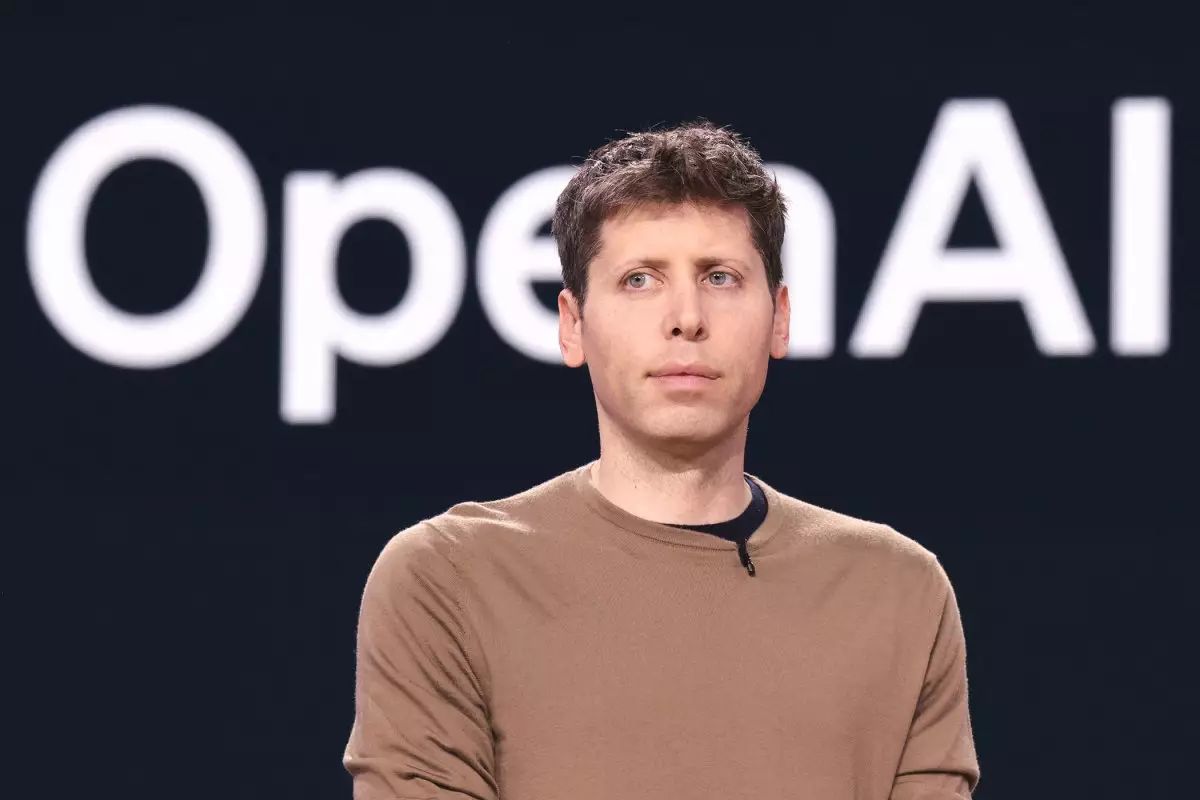The landscape of artificial intelligence (AI) is riddled with complexities and ethical dilemmas, not least among them the creation of benchmarks that accurately assess AI capabilities. Recently, an incident involving Epoch AI, a nonprofit organization dedicated to developing mathematical benchmarks for AI, has ignited a firestorm of criticism regarding transparency and funding sources. This controversy underscores not only the challenges faced by those in AI research but also the interplay between funding, ethics, and the integrity of scientific assessment.
Epoch AI has been primarily funded by Open Philanthropy, a well-known research and grant-making organization. However, it was only recently disclosed that OpenAI, a leading entity in AI development, provided additional funding for the creation of FrontierMath—an advanced benchmark intended to evaluate AI mathematical prowess. This revelation, made public on December 20, opened a Pandora’s box of allegations suggesting a lack of transparency in communicating the financial ties. Contributors to the benchmark, many of whom were left in the dark regarding OpenAI’s involvement, expressed concerns about potential biases in the assessment’s credibility.
The contractor’s comments on the forum LessWrong illustrate a broader discontent within the AI community. The statement that Epoch AI failed to inform contributors of essential funding details highlights a critical gap in the communication strategy of organizations in the rapidly evolving AI landscape. Transparency is not just a nicety; it is an ethical requirement that fosters trust among stakeholders.
FrontierMath is designed to provide expert-level mathematical problems to benchmark AI algorithms, and it was utilized to demonstrate OpenAI’s flagship model, o3. However, the revelation that OpenAI had direct access to both the problems and solutions prior to the official announcement raises questions about objectivity. Critics argue that such access could have influenced the benchmark’s design and, therefore, its outcomes.
Tamay Besiroglu, associate director and co-founder of Epoch AI, conceded that the organization mishandled communications. Although he maintained that FrontierMath’s integrity remained intact, his acknowledgment of the need for greater transparency in their dealings exposes a crucial flaw in the operational framework of organizations involved in AI benchmarking. Besiroglu’s assertion that they were confined by contractual obligations illustrates the tension between ethical obligations and business relationships in the AI industry.
Much like the trials faced by various scientific domains, AI benchmarking is susceptible to conflicts of interest, especially when funding sources are involved. The integrity of benchmarks is paramount for trust within the field—if stakeholders suspect bias, it can undermine confidence in the findings and consequently halt significant advancements in AI preparedness.
Epoch AI did implement a “holdout set” intended to maintain an element of objectivity in its evaluations, but concerns linger. As noted by Ellot Glazer, a lead mathematician at Epoch AI, the organization has not yet completed an independent verification of OpenAI’s results. This gap in assessment processes continues to cloud the credibility of the findings, despite Glazer expressing a favorable personal opinion regarding OpenAI’s integrity.
The FrontierMath saga serves as a cautionary tale for AI developers aiming for credibility in empirical research. It illustrates the precarious balance between securing funding for critical projects and maintaining the ethical standards necessary for independent validation. The AI community must prioritize transparency in all aspects of research funding and collaboration to adequately build trust and ensure the reliability of benchmark assessments. Without a commitment to transparent practices, the risk of perpetual suspicion looms large, ultimately hindering the advancement of the field. This controversy highlights an urgent need for structured guidelines in funding disclosures that redefine the landscape of ethical benchmarking in AI. If the industry collectively embraces these lessons, it can pave the way for a more robust and trustworthy future in AI research.

